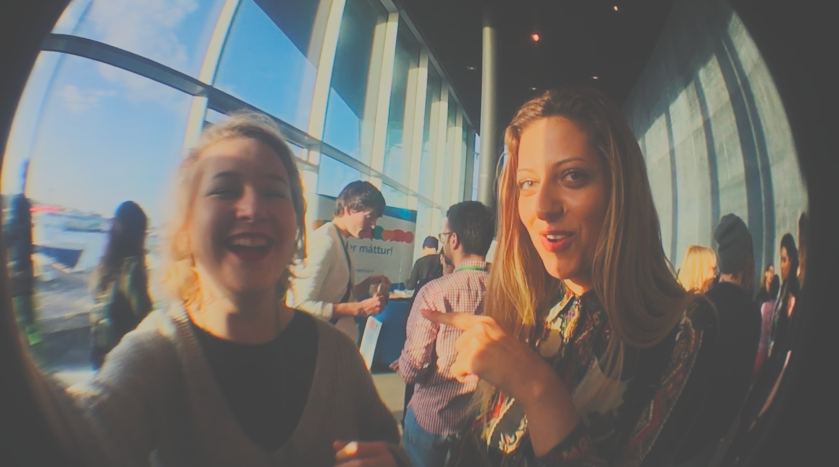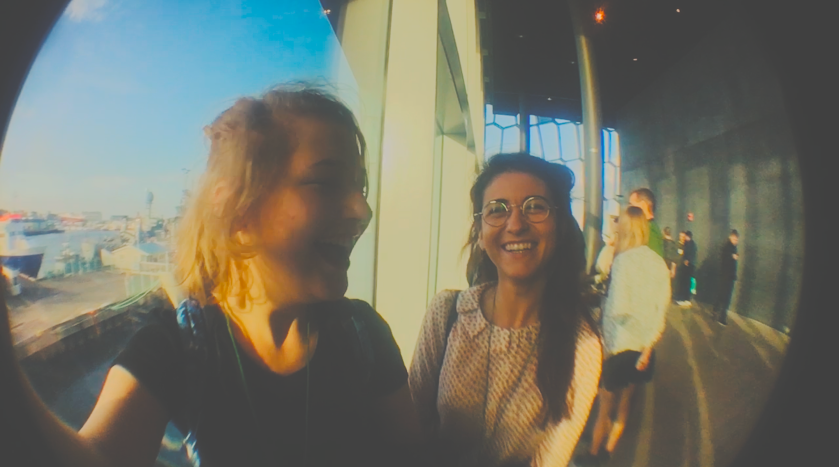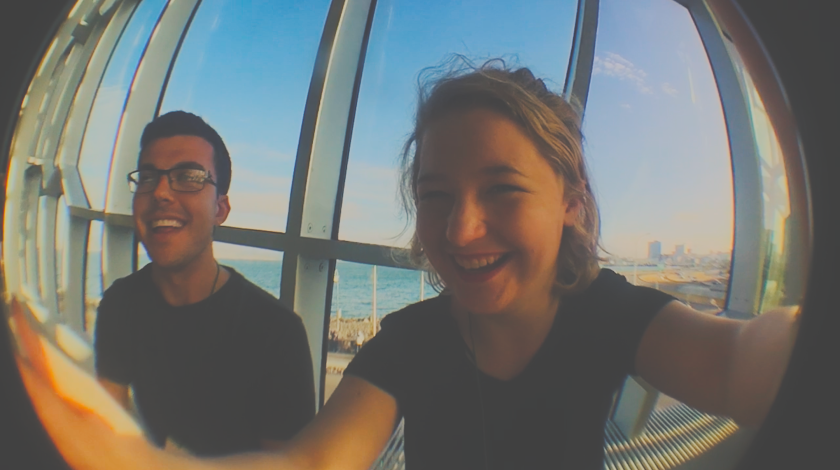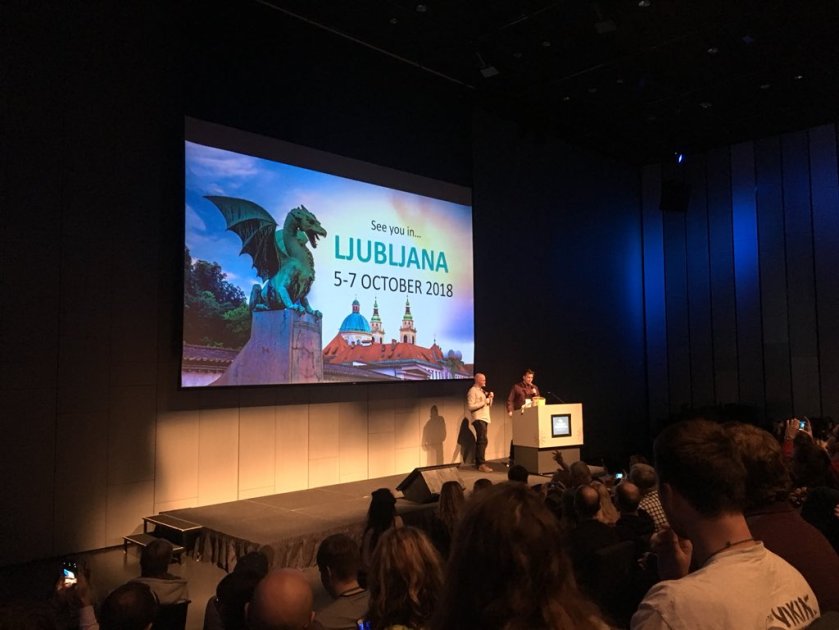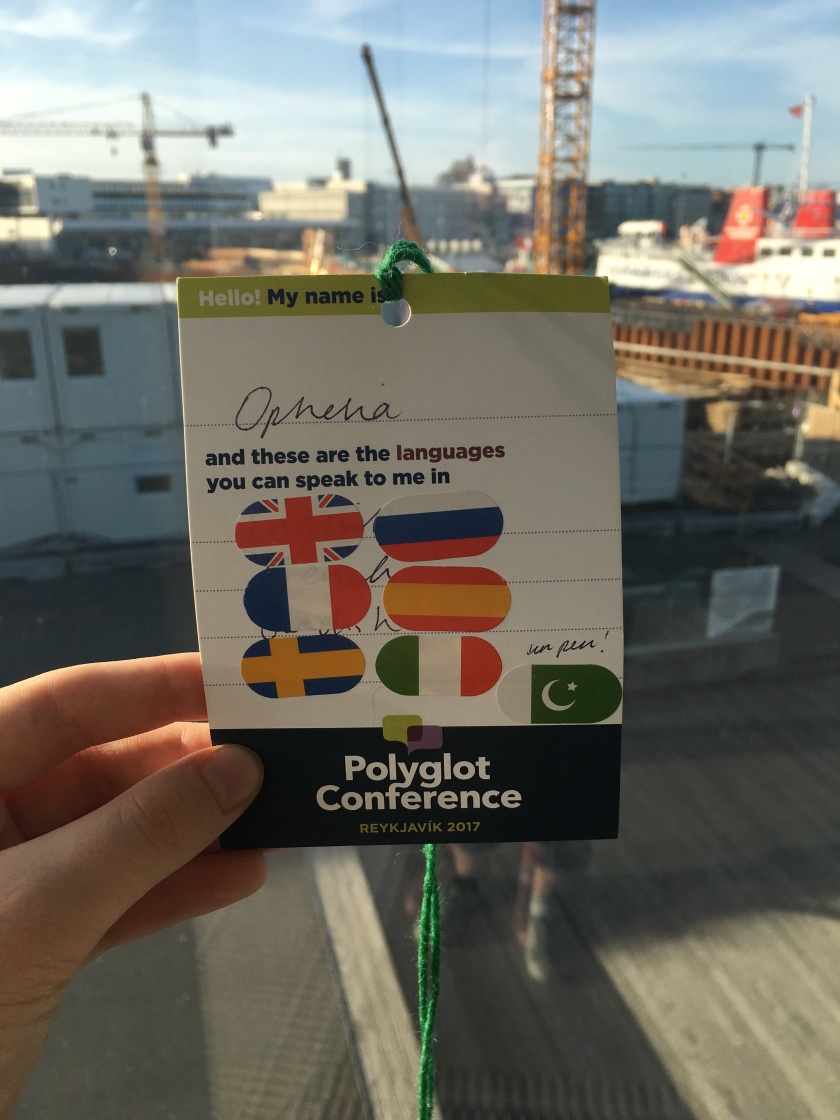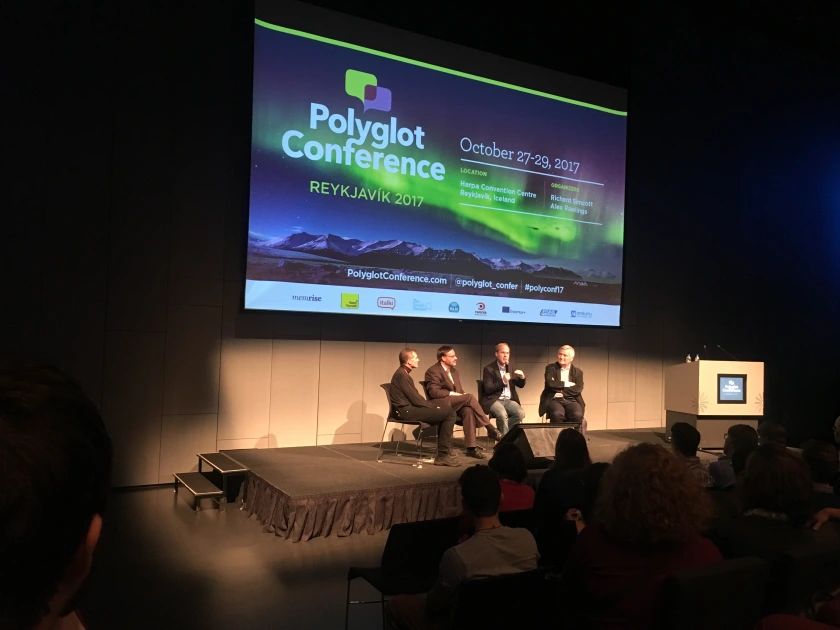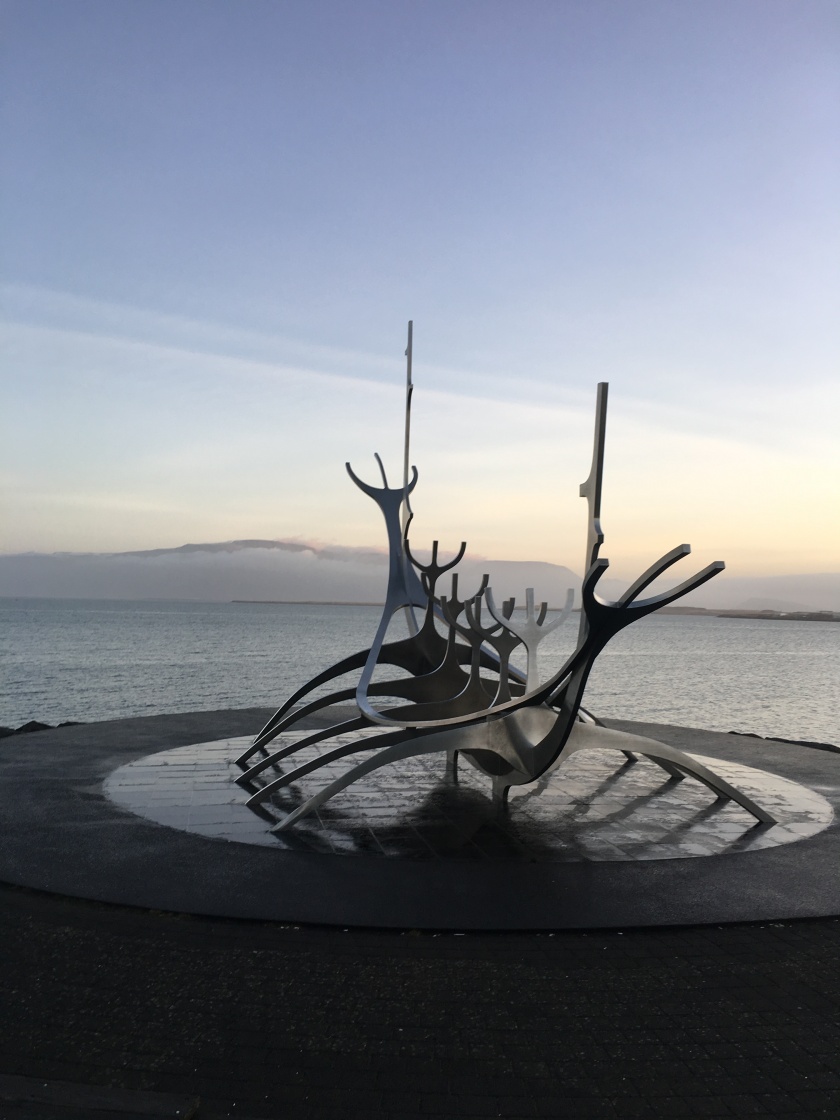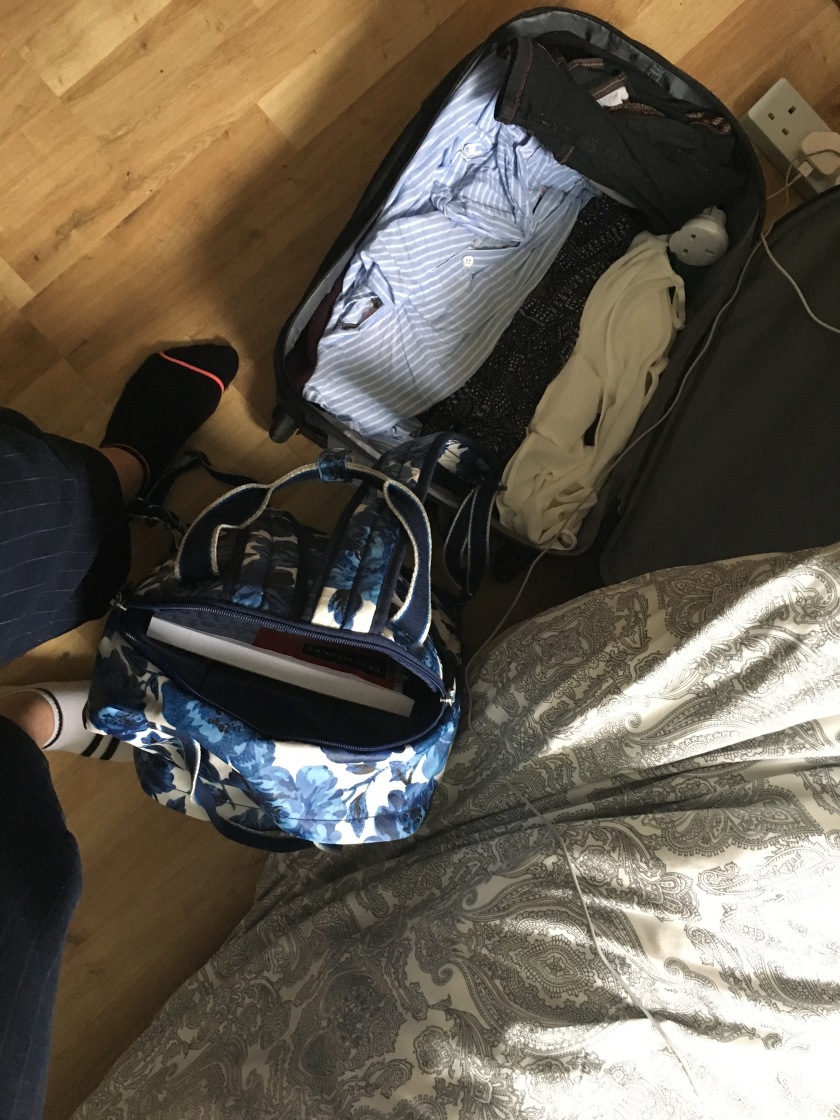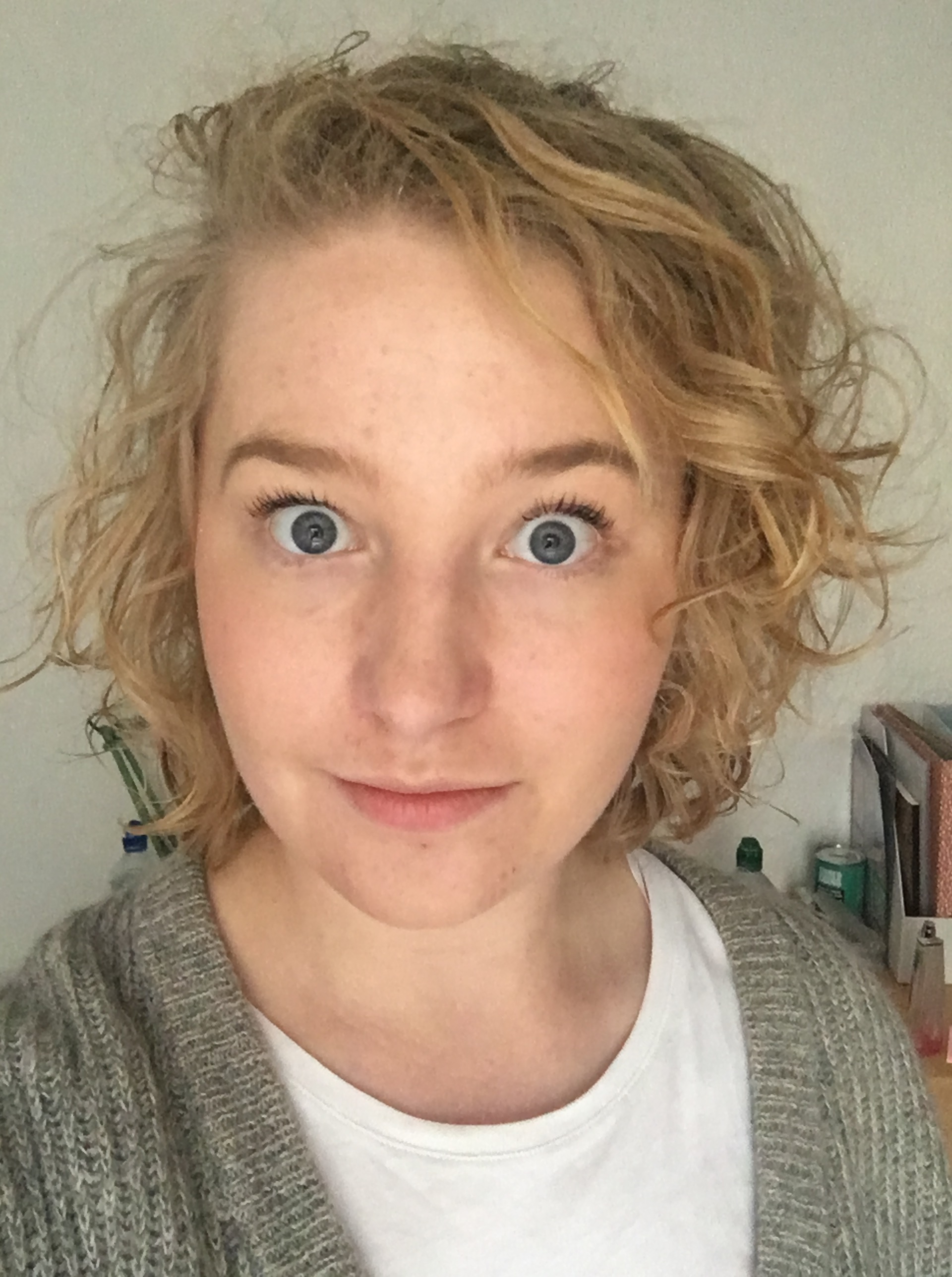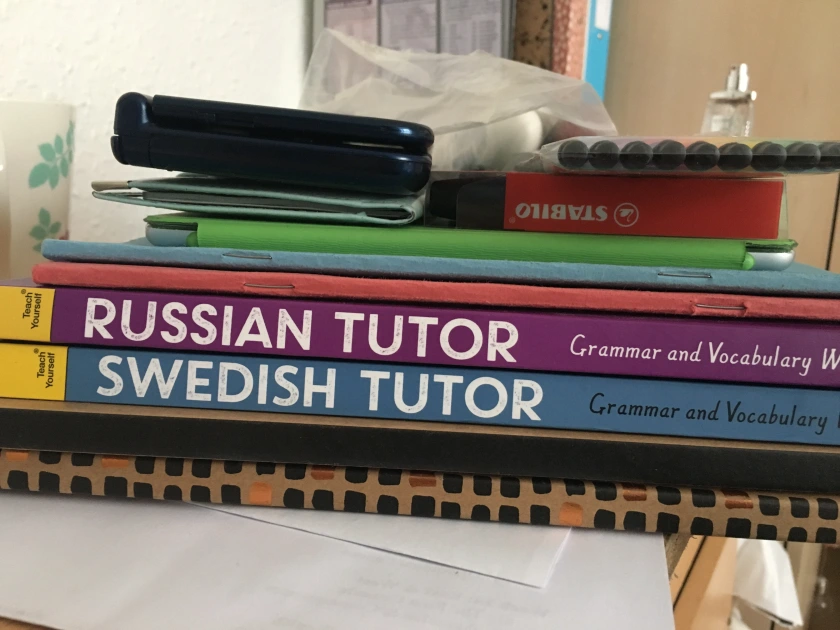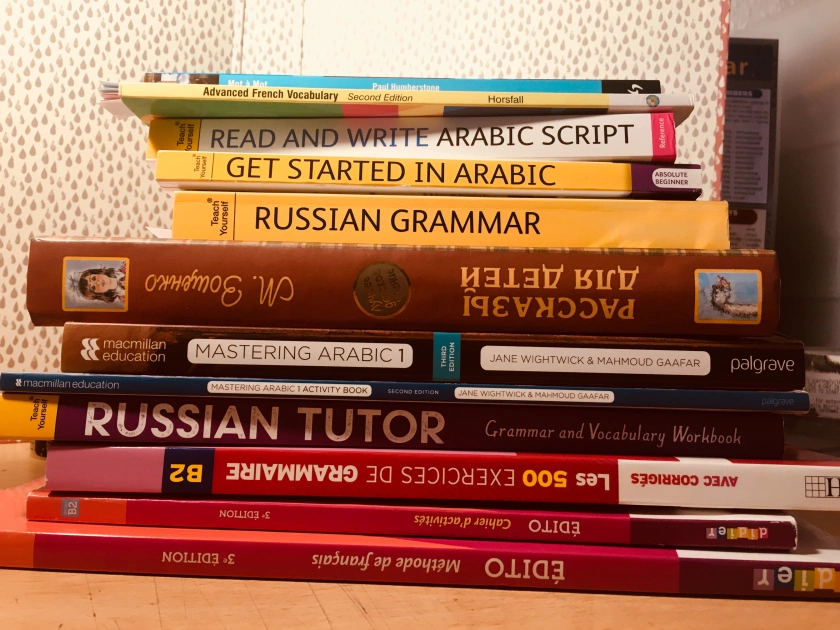Picture this.
The sun is setting.
The sky is filled with extraordinary colours.
Time to snuggle up with a delicious cup of Earl Grey.
THIS is the time that I left my flat for the airport.
Three tubes later, and I’m writing yesterday’s blogpost. I’m glad I didn’t know at the time.
The plane was delayed and we landed at midnight in Iceland.
An hour later, and I found the bus. I’d been told to get the bus for the Grand Hotel, because my AirBnB was near there.
At 2am, the bus stops at “my hotel”. I was the last person on the bus, so I asked the bus driver (who was Russian, so I was hoping I could score some points) for directions to the house I’d rented a room at.
She takes a good fifteen minute detour to help me (Спасибо, I will be eternally grateful), and points me down a terrifying pitch-black abandoned alleyway. She tells me it will be only a few minutes away.
Half an hour of walking down this road, and I must say, I was quite scared.
I would not walk on my own in London any good distance past midnight ideally, even in places I know like the back of my hand, which are well-light and busy through the night. Let alone an abandoned alleyway. Now, I know Iceland is meant to be safe. But I’ve seen the Bridge. I know what can happen if someone wants to make a statement — perhaps an organised crime group want to make a statement about tourists in Iceland suffocating Icelandic culture with stereotypes, or maybe my death will be used as fuel for Brexit, I thought to myself.
Several friends of mine had been very kind to offer that I call them when I arrive, no matter what time it was. Unfortunately, 3am BST was everyone’s time of deep sleep, and no one answered (if you’re my mum and you’re reading this, I’m really sorry; I told you Emma answered because I didn’t want you to worry any more than you already had, and yes, I should have rung you because you were awake).
So there I went.
By some miracle, I eventually found my new home, God only knows how. Not murdered. Not mugged.
The next adventure the following morning was to find a supermarket, or perhaps some life in Reykjavik. I’ve come to think that this… “city” is a place for drivers, rather than pedestrians, or people who like public transport. Unfortunately, I have only a provisional driver’s licence and have never had a driving lesson in my life (although I have driven a few cars quite unsuccessfully — a story for another time).
Something you should know about me is that I am terrible at directions. I mean. Disgustingly awful.
Most of today was spent fighting through the rain to find a Bonús. I had intended to go to the Polyglot Conference welcome event, but by the time I found it, it was pitch black and the Harpa centre was empty.
I hope this isn’t a sign of things to come.
I hope you’re having a wonderful start to the weekend,
❤
